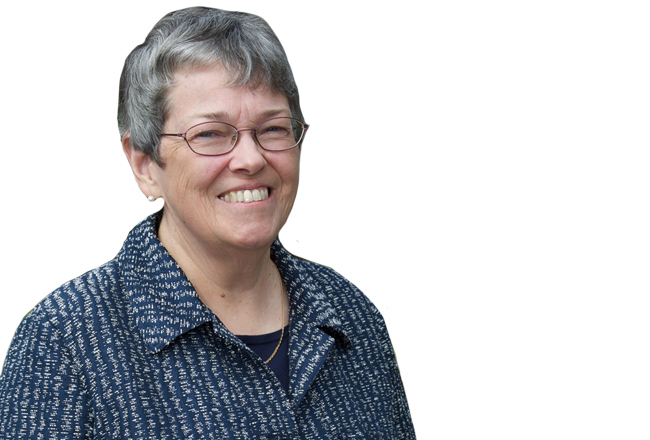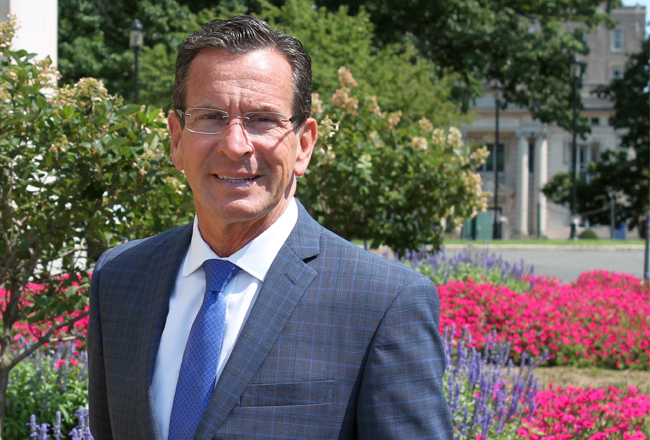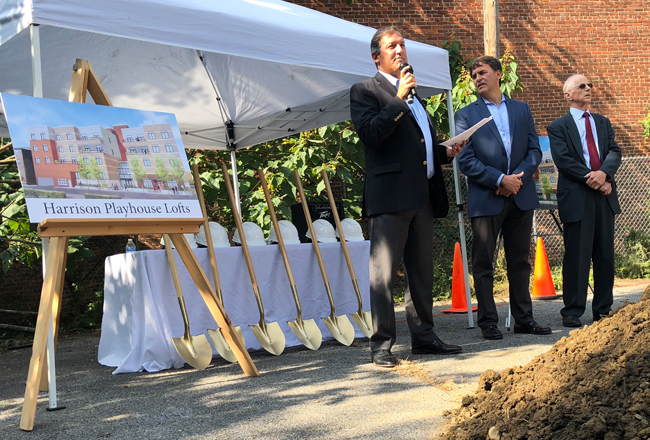 It is rarely easy to start a discussion with a loved one about end-of-life care, yet there are many stories in the news about family and court battles over the wishes of patients who can no longer speak for themselves. This demonstrates the importance of beginning the conversation with loved ones early.
It is rarely easy to start a discussion with a loved one about end-of-life care, yet there are many stories in the news about family and court battles over the wishes of patients who can no longer speak for themselves. This demonstrates the importance of beginning the conversation with loved ones early.
ADVANCE DIRECTIVES EXPRESS REQUESTS AND CHOICES
Advance directives spell out a person”™s wishes about health care and financial matters in the event of a critical and life-threatening illness or accident. These directives can include a health care proxy, a living will and/or the power of an attorney.
For doctors and family members, health care directives lay out the type of care one wants in the event that one becomes seriously ill and cannot communicate one”™s wishes. Even healthy adults without known medical problems should consider drafting a health care directive, which will aid in the decision-making process regarding levels of care.
A living will addresses desired levels of care during a terminal illness ”” that is, when a person has less than six months to live. A health care proxy names a family member, friend or professional as the agent who can sign documents and make decisions if one becomes unconscious or unable to make independent medical decisions. If the condition is temporary, the agent will only be needed for a short period of time.
STARTING THE CONVERSATION IS ESSENTIAL
According to elder law attorney Michael J. Amoruso, discussions with loved ones regarding advance directives should not be placed on the back burner.
“Unfortunately, people tend to delay discussing advance directives with their loved ones because the topic of one”™s mortality may be uncomfortable for some,” said Amoruso of Amoruso & Amoruso LLP in Rye Brook. (He also serves as president of the National Academy of Elder Law Attorneys.) “Without these documents, however, if an individual becomes incapacitated or incapable of making decisions regarding their care or finances, the family may have no choice but to commence a guardianship proceeding in court to have a guardian appointed to make the decisions for them. That process can add unwanted stress on the family and can, if contested, amount to thousands of dollars.”
New York state has developed simple advance directive forms that are available online, through hospitals and other health care providers. These forms should be filled out thoughtfully and thoroughly.
“It is not enough for an individual to express a general desire to avoid being sustained by machines,” Amoruso points out. “The advance directives need to either explicitly spell out the person”™s wishes as they pertain to specific circumstances that may affect quality of life, or give complete discretion to their agent to make the required decisions based on the agent”™s actual knowledge of the patient”™s wishes (e.g. partial or complete paralysis from a stroke, inability to recognize loved ones because of Alzheimer”™s disease or dementia, or other stages of a terminal illness). The directives should also include wishes not only about ”˜extraordinary means”™ (i.e., machines), but also directives regarding artificial nutrition and hydration in the event that the person cannot eat or drink independently.”
Families often need assistance from an attorney, hospice professional or other professional with expertise in drawing up advance directives, to ensure that the documents are written with sufficient detail and clearly express the person”™s wishes.
LOOK FOR OPPORTUNITIES
TO BEGIN THE CONVERSATION
It may be easiest (and the most comfortable) to piggy-back the advance directives discussion onto a medical, financial or legal issue. One might bring up the topic after a doctor”™s appointment for a check-up or to treat an illness. A meeting with a financial advisor about a retirement portfolio also offers a natural segue into a conversation about estate planning and advance directives. Additionally, the topic of advance directives could be brought up during or after a meeting with a family or elder care attorney. Family members may even privately suggest that the attorney start the discussion.
Advance directives are best addressed when a parent or loved one still is healthy and can clearly express wishes and desires. In this way, loved ones can face critical or end-of-life illness with grace, dignity, comfort and compassion.
Mary K. Spengler is the CEO of White Plains-based Hospice of Westchester, which provides comprehensive hospice health care services to people with a serious or life-limiting illness and provides help to their families. For additional information, visit hospiceofwestchester.com or call 914-682-1484.





















